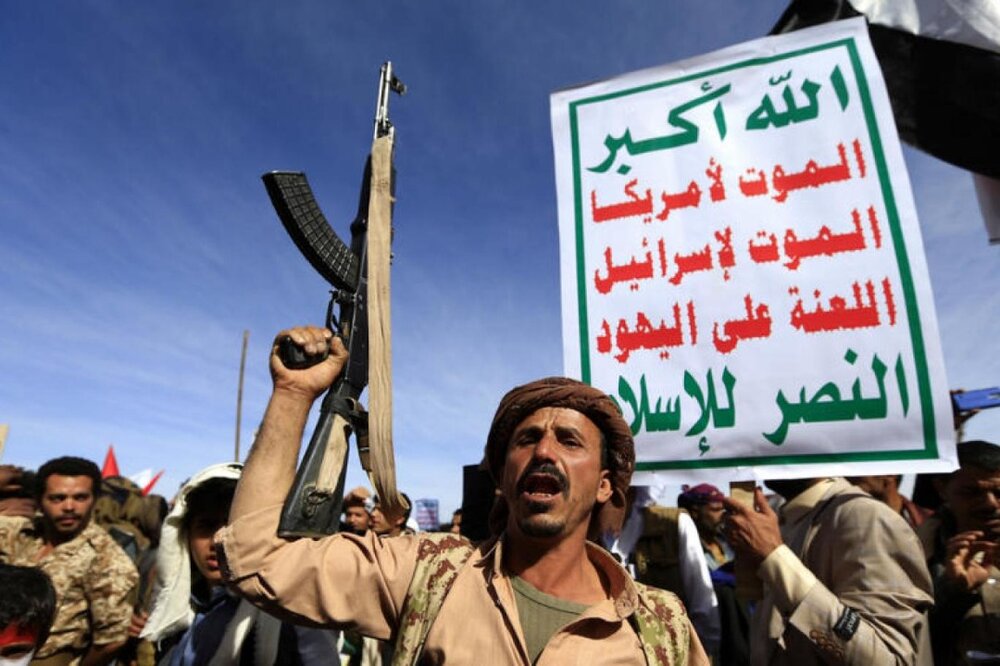Oman embarks on new Yemen diplomacy

TEHRAN – In a rare public visit, a high-ranking Omani delegation from the Royal Office arrived in Sanaa Saturday to renew diplomatic efforts aimed at bringing peace to war-torn Yemen after international efforts in that regard failed to bridge the gap between the warring sides in Yemen.
Mohammad Abdul Salam, the spokesman for Yemen’s Ansarallah movement, who accompanied the Omani delegation, said it would discuss ways to push forward the Yemen peace process.
In remarks to Al-Masirah TV, Abdul Salam said the delegation of the Royal Office arrived to discuss the situation in Yemen on the basis of the principle of good neighborliness and common interests.
He added, “We are working to advance the humanitarian situation arrangements process as well as the peace process.”
“To complement the efforts we have made in the Sultanate of Oman, we are today in Sanaa to discuss all that is of interest at the national level and the region in general,” Abdul Salam pointed out.
A day after the arrival of the Omani delegation in Sanaa, Omani Sultan Haitham Bin Tarik received a letter from the Saudi-backed president of Yemen, Abdrabbuh Mansur Hadi, in what appeared to be an intensification of Oman’s diplomatic efforts to broker peace between Yemeni warring factions.
Omani Foreign Minister Badr Hamad al-Busaidi received the message from Hadi’s Foreign Minister Ahmad Awad Mubarak.
The meeting reviewed developments of situations in Yemen and the UN efforts to end the war in a way that preserves unity and safety of Yemen, the Oman state news said, adding that the two sides reiterated the importance of enhancing cooperation with all parties to achieve security and stability for Yemen by supporting efforts of the UN and U.S. envoys.
Oman’s diplomatic efforts came after the U.S. and UN envoys for Yemen failed to make headway on the Yemen peace process. Martin Griffiths, the UN special envoy for Yemen, said in late May that he was frustrated over the lack of progress in the Yemen peace talks.
“Nobody can be more frustrated than I am,” Griffiths said. “We have spent a year and a half on things which are relatively simple to describe, the cease-fire, the opening of Sanaa airport, the opening of Hodeida ports, the much-delayed start of the political negotiations.”
Nearly a week later, the U.S. special envoy for Yemen also echoed similar frustration while blaming his failure on the Ansarallah movement. Tim Lenderking accused Ansarallah of refusing to engage meaningfully in the diplomatic efforts to “resolve a nearly seven-year conflict that has brought unimaginable suffering to the Yemeni people.” Lenderking added that the movement bears the major responsibility for not engaging in bringing about a cease-fire.
While the U.S. and UN Yemen envoys expressed dismay at the lack of progress in their efforts, Oman quietly stepped in to calm the situation, and it even made remarkable progress in this regard.
Abdul Salam, along with other Ansarallah figures, has been living outside Yemen since 2016 barred from returning to Yemen due to Saudi control over Yemen’s airspace. But Abdul Salam and his Yemeni comrades accompanied the Omani delegation, effectively breaking a Saudi travel ban on Yemen.
The return of Abdulsalam, which would have required a Saudi green light, indicated tangible progress in the Yemen peace talks led by Oman. It’s too early to speak of a final solution to the years-long Yemen war, but Oman’s renewed diplomatic efforts have revived hopes of breaking the deadlock over the war as Muscat enjoys having good relations with both Riyadh and Sanaa. In addition, Oman has a direct interest in putting an end to a devastating war between two of its neighbors.
